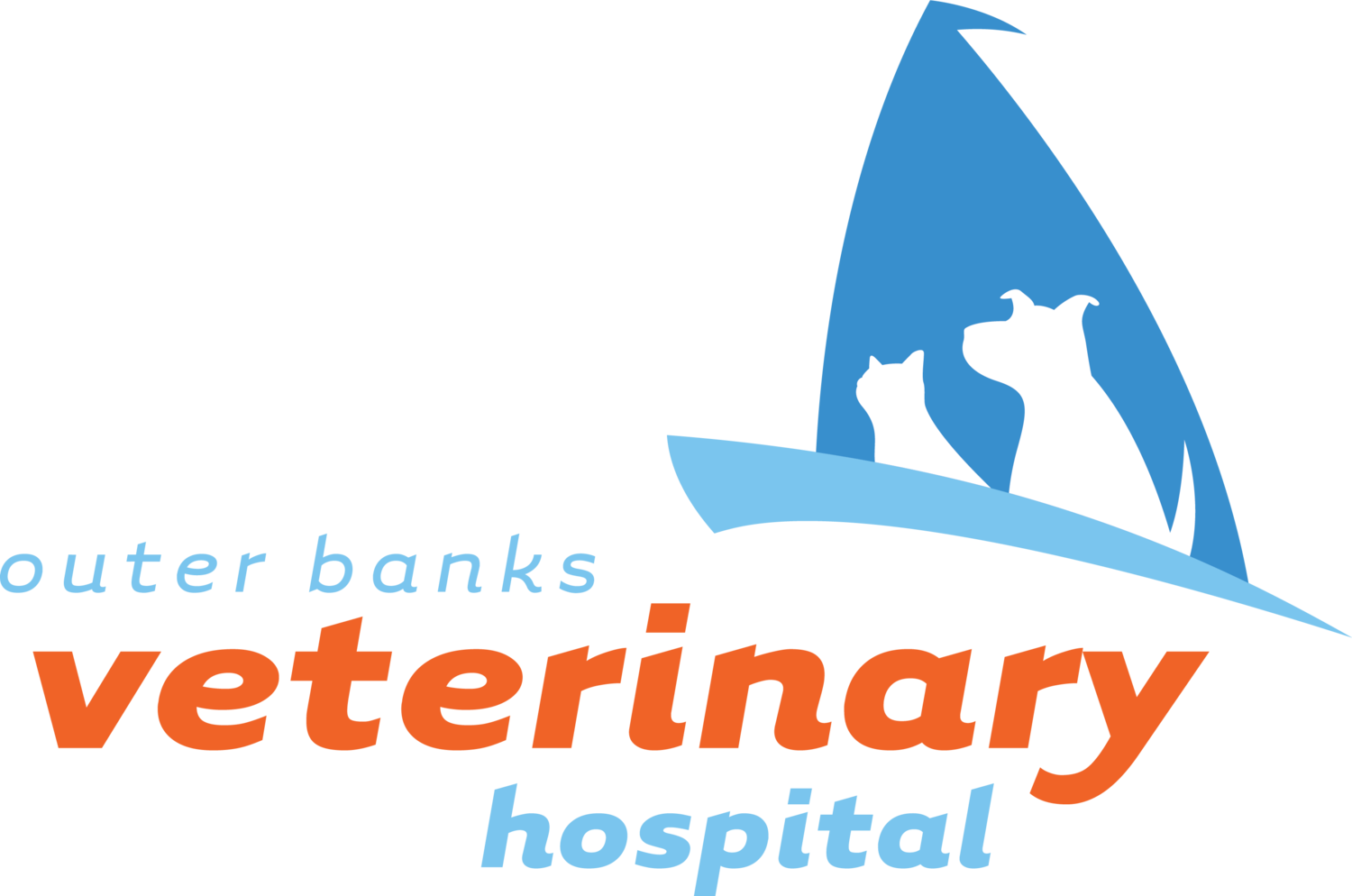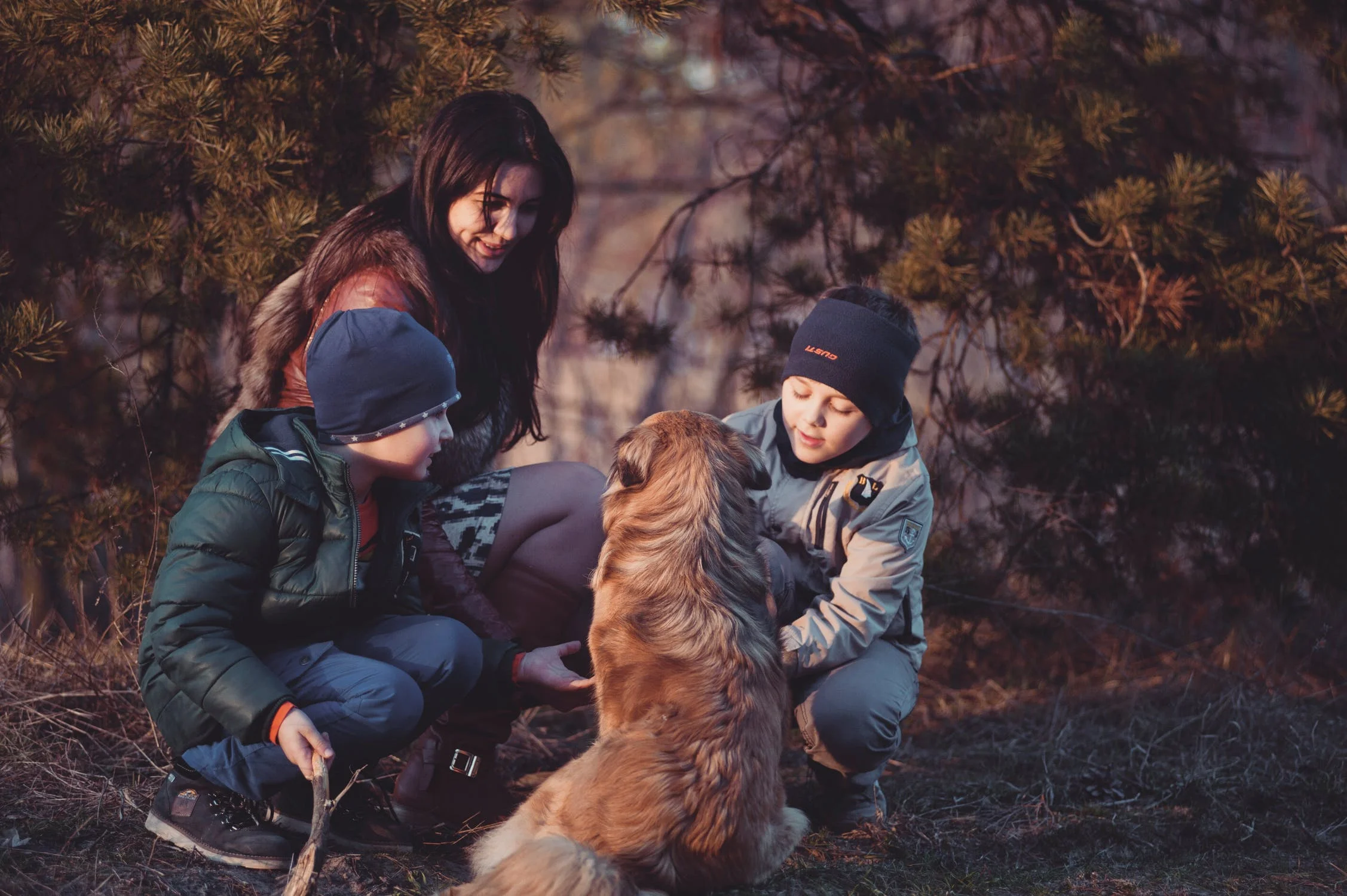We all know people like Uncle Rupert, the hairdresser, and Dr. Website that like to give pet medical advice. Sometimes this advice is correct but other times it can be dangerously inaccurate. Please use our office as the ONLY resource for your pet’s surgical recovery. See below for some common FAQs and tips for your pet’s rehabilitation post-discharge.
-
Do not give ANY medications to your pet without first consulting with our office. This does not include heartworm and/or flea–tick preventative medications. Especially harmful medications are aspirin, Tylenol (acetaminophen), ibuprofen, or any over-the-counter medication.
-
You may notice some mild clear, pink, or bloody discharge and swelling from the incision site for 2 – 4 days after surgery. This is common and you can clean it up with a clean dishcloth/paper towel and warm water. Please don’t use hydrogen peroxide or alcohol or apply anything directly to the incision site unless directed to by one of our veterinarians as it may cause complications. If you notice a large amount of discharge, swelling, or any yellow/green discharge, please schedule a recheck for your pet ASAP.
-
Please keep your pet from licking or chewing at the surgery site. If they begin to attend to it regularly, your pet may need an Elizabethan collar to prevent them from damaging the surgery site.
-
It typically takes anywhere from 2 weeks up to 3 months for surgery to heal, depending on the surgery. Please keep your pet’s activity level reduced during that time and keep them on a leash at all times when they are on a walk. Please don’t allow your pet to jump after surgery as well. If you have questions about when your pet can return to full activity, please don’t hesitate to call our office.
-
If we recommend a recheck appointment, please make sure to make and keep it. This is to ensure that your pet is recovering properly.
-
Please make sure that all family members or those caring for your pet are informed of your pet’s special needs while recovering.
-
If you are having trouble following our recommendations (causing too much stress to your pet, the logistics of giving medications, etc.), please don’t hesitate to call and ask for suggestions. We are here to help your pet receive the best medical care!
-
It is common for pets to be lethargic and/or not eat or drink normally for 1 – 2 days after surgery. Please call us if the following occurs:
• Your pet does not drink within 24 hours of being discharged
• Your pet does not eat within 48 hours of being discharged
• Your pet does not defecate for 3 days after being discharged
• Your pet does not urinate for 24 – 48 hours after being discharged
• You think your pet is doing worse for ANY reason
-
If your pet was sent home with a bandage on a leg and the toes begin to separate (leg begins to swell), please have your pet seen ASAP.
-
We place IV catheters in all of our surgeries. Many times pets go home with a small bandage where the catheter was removed to help stop bleeding from the catheter site. You can remove this bandage after 1 – 2 hours unless you have received instructions otherwise.
-
It is common to see bruising at or near the surgical site. If you notice bleeding /bruising in other places (besides the surgery site or catheter site), please give us a call ASAP.
-
Please check the incision site at least 2 times per day for 7 – 10 days after surgery. If you notice any separation of the incision or if anything appears to be sticking out of the surgery site, please give us a call.
-
Don’t be alarmed if the eyes of your pet look ‘weepy’ or have discharge from them for 24 hours after surgery. We lubricate the eyes to make sure they do not dry out during surgery and this is commonly seen afterward.
-
If you think at any time the pain medications sent to your pet are not adequately reducing pain, please give us a call. Being pain-free is an important component of fast healing.
-
Sometimes pets act abnormal and may be more prone to bite or scratch for a few days after surgery. Please give your pet it’s space and also keep small children away from pets that are recovering from surgery.
-
If your pet was in-heat at the time of the surgery, please keep them away from males for 2 weeks. Intact male animals may try to breed with them which could cause serious complications.

